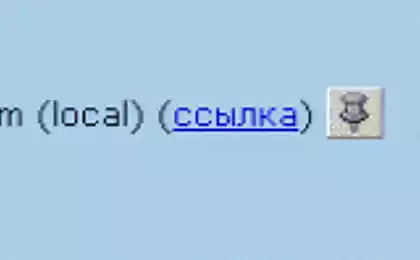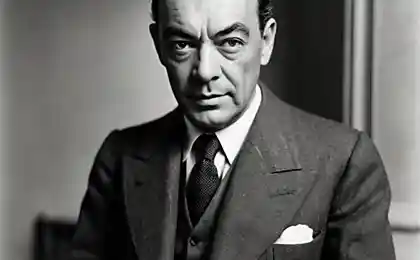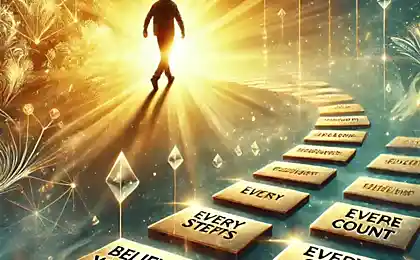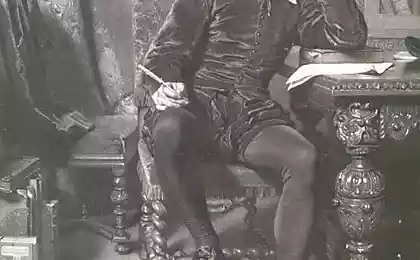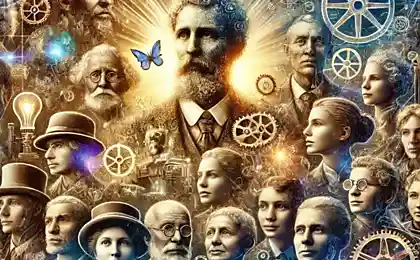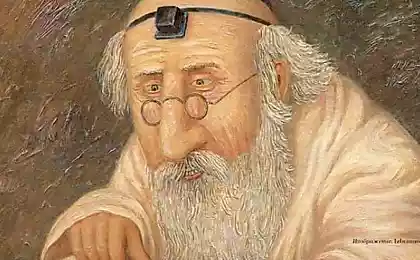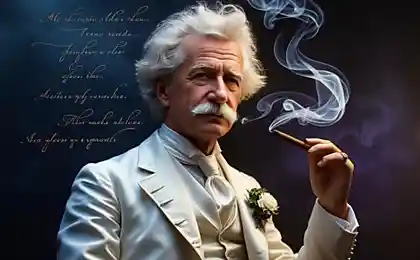205
Is it to be or not to be? How to Answer the Hamlet Question

“To be or not to be?” – these words, sounded in the tragedy of William Shakespeare, long ceased to be just a phrase from the classic work. They have become a symbol of deep reflection on the meaning of existence and the importance of the choices that each person faces at different periods of life. Today, this expression continues to be relevant not only in literature, but also in everyday reality, where we face the need to make difficult decisions and rethink our own values. Is there a “right” answer to this rhetorical question? And what is its essence from the point of view of science, philosophy and psychology?
Historical Context: From Shakespeare to the Present
The phrase “To be, or not to be” first appeared on the London stage in the early seventeenth century. It has since taken root in the popular consciousness as the quintessential existential crisis experienced by the protagonist of "Hamlet." Despite the fact that in the plot of the tragedy Hamlet reflects on life and death, the modern reading of the famous monologue goes far beyond the scope of Shakespearean drama. The existentialist movement led by Jean-Paul Sartre and Albert Camus pointed out that such questions about the nature of our being, its purpose and meaning are an inevitable part of the human experience.
Today, in an era of information oversaturation and rapid technological progress, the concept of “to be or not to be” remains as relevant, only in a new context: whether it is a question of self-realization, the search for personal happiness or understanding one’s role in a rapidly changing world. According to the Stanford Encyclopedia of Philosophy, globalization and the accelerated pace of life only exacerbate existential questions, forcing more people to search for the “true” formula of existence.

A popular scientific view of “to be or not to be”
From the point of view of modern psychology, the dilemma of “to be or not to be” can be considered as a metaphor for choosing between a passive position in life and active participation in one’s own development. For many people, the central question is not so much physical existence as the psychological “fullness of life”: will we be able to find personal meaning, experience inner harmony and act in accordance with our values?
In this aspect, Abraham Maslow’s theory of self-actualization is indicative. According to his concept, a person constantly strives to satisfy higher needs after basic ones: from physiology to safety, belonging, respect, and finally to self-actualization. If you look at Hamlet’s phrase through the prism of this pyramid, then “to be” means to fully live all levels of needs, trying to reach your inner potential. “Not to be” is a state in which a person is stuck on the lower levels, seeing no means or motivation for further development.
Existential psychotherapy and freedom of choice
In existential psychotherapy, developed by Viktor Frankl and other thinkers, freedom of choice plays a key role in overcoming existential crises. “Being” in this case means consciously accepting responsibility for one’s path, a willingness to feel not only joy, but also anxiety, facing uncertainty. Paradoxically, it is the acceptance of freedom of choice that frees us from the feeling of being controlled by external circumstances.
At the same time, “not to be” does not necessarily imply physical non-existence, but rather the cessation of personal growth, the rejection of introspection and living on autopilot. As positive psychologists point out, deciding not to be can lead to chronic dissatisfaction, apathy, and stress, because a person’s fundamental need is to feel connected to something bigger and contribute to the world.
When “to be” means “to choose yourself”
Therefore, there is no correct answer to the Hamlet question in the narrow sense, since each person forms for himself what it means to be. Nevertheless, there are several universal ideas that allow you to approach an informed choice:
- Value definition: A clear understanding of what is important to you helps answer the question of whether to be or not to be in a particular business, relationship or lifestyle.
- Acceptance of responsibility: Every decision in life is your zone of freedom and influence.
- Openness to new experiences: “Being” means being willing to change, even if it seems frightening. Without new opportunities, it is impossible to expand your horizons.
- Introspection and reflection: Regularly reflecting on your actions, goals, and feelings is an important part of self-actualization. Mindfulness allows you to choose “to be” in full force.

Conclusion: the meaning of constant search
If we consider this question not only in the context of Shakespeare’s tragedy, but also in the light of modern philosophical and psychological approaches, it becomes clear that there is no “correct” or universal answer in a clearly fixed form. The very value of this question is that it calls us to reflect, introspection, and reassessment of our lives.
Existentialists, psychologists and thinkers of different eras agree on one thing: a person is constantly faced with a choice - to passively go with the flow or actively build their own destiny. It is at the moment of conscious choice that our true self is born. It is surprising that after hundreds of years, Hamlet’s phrase continues to sound so sharp: after all, the essence of “being” is not in stagnation, but in the continuous movement towards knowledge of oneself and the world.
Each reader, asking himself a “Hamletian” question, can find an individual answer – in creativity, in service to others, in scientific research or in the search for spiritual harmony. And perhaps the main finding is that life itself is a process that requires constant rethinking. To be means not only to exist, but also to accept the challenges of time, to change, to improve, and to realize one’s unique role in the universe.
So what to choose? "To be" or "not to be"? Ultimately, it is up to each of us. But judging from the experience of great thinkers, writers, and modern psychologists, “being” is a far more exciting, meaningful, and forward-looking path. And the opportunity to walk on it, meeting difficulties and finding yourself again, just makes our life worthy and unique.
What to do if you don’t have twenty-four hours in a day: Rethinking life and planning effectively
Should I defend my views publicly or should I keep my thoughts to myself?
